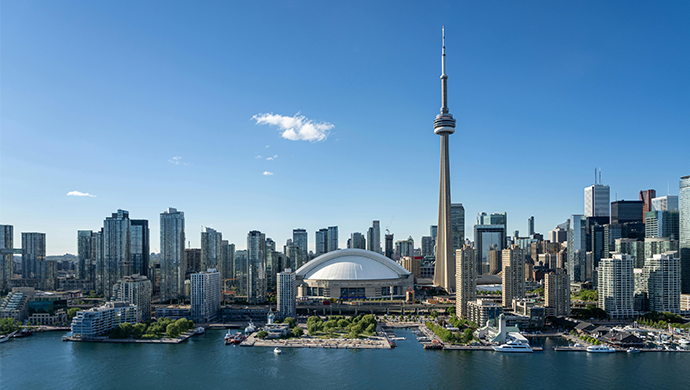Job Offer:
Usually, the first step in obtaining an employment visa is securing a job offer from an employer in the country where you wish to work. The job offer may need to meet certain criteria, such as being for a position that cannot be filled by a local candidate.
Employer Sponsorship:
In many European countries, the employer may need to sponsor your visa application. This means they will have to provide certain documents or demonstrate that they have fulfilled legal requirements to hire foreign workers.

Visa Application:
Once you have a job offer and employer sponsorship, you can proceed to apply for the employment visa. You will typically need to submit an application form along with supporting documents, which may include :
Valid passport
Passport-sized photographs
Proof of job offer
(employment contract or letter from employer)
Proof of qualifications or skills required for the job
Proof of sufficient funds to support yourself during your stay (if required)
Health insurance coverage
(some countries require this)
Police clearance certificate or
criminal record check
Visa application fee
Interview:
Depending on the country and the specific circumstances of your application, you may be required to attend an interview at the embassy or consulate of the country where you are applying for the visa.
Waiting Period:
After submitting your application, there will be a waiting period while immigration authorities process your visa. This period can vary depending on the country and the time of year.
Decision:
Once your application has been processed, you will receive a decision on your visa application. If approved, you will be issued an employment visa, typically stamped in your passport.
Arrival and Residence:
Upon arrival in the country, you may need to register with the local authorities and obtain a residence permit or other documentation allowing you to live and work there legally.
